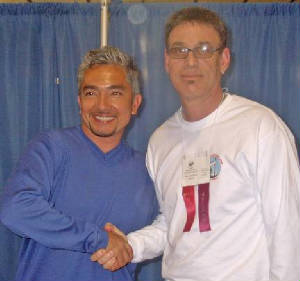The first time you witness your dog reverse sneezing, it can be worrying, especially if you are not sure what’s happening. During one of these episodes, your dog will quickly breathe in through her nose. It makes a snorting sound that sounds as if the dog is sneezing and inhaling at the same time.
Paroxysmal respiration is the scientific name for this behavior, and it’s relatively common. Reverse sneezing is also harmless in most cases. Temporary irritation can cause your dog to reverse sneeze for a few brief moments before they recover on their own.
Causes of Reverse Sneezing
The area at the back of a dog’s throat is called the soft palate. When this muscle becomes irritated, it will spasm and momentarily block the trachea. Reverse sneezing enables the dog to remove the irritant so the soft palate calms. The entire process is similar to sneezing, which clears objects from the nose, and coughing, which clears objects from the trachea.
Some of the factors that can cause irritation to the soft palate are:
- Allergies
- Smoke or Odors
- Mucus
- Pollon
- Grasses and Seeds
- Dust
- Nasal Mites
- Foreign Object
- Overexcitement
Certain breeds are more prone to reverse sneezing than others. This includes brachycephalic breeds and those with short snouts as these dogs have an elongated soft palate, which offers more chance of irritation.
What to Do If Your Dog Has a Reverse Sneezing Episode
Reverse sneezes generally only last about a minute at most and will usually pass on their own. They are rarely a cause for concern, although they can be alarming when they happen. To help stop them faster, you can try covering your dog’s nose for a moment so she is forced to swallow. Gently massaging her throat might also help dislodge whatever is causing the episode.
Petting your dog’s neck while she is reverse sneezing may not stop the sneezes, but it can help calm her as you both wait for the episode to pass.
You should consider calling your veterinarian if you suspect your dog may be choking instead or if reverse sneezing starts to happen frequently or become severe. Your vet can diagnose any chronic conditions that may need a form of treatment.





